Nice City: Where Family Legacy Meets Rural Transformation
From a single rice mill to a thriving rural business hub
Where It All Began
Driving into Mwea along the Embu-Nairobi highway, you’re greeted by endless green rice fields a beautiful yet deceptive scene. Beneath the lush landscape lay deep challenges for local rice farmers.
“In the 2000s, farmers were really poor here in Mwea,” recalls Joel Kariuki. “They would farm rice but had no money.”
At the time, limited rice milling capacity meant low returns for farmers. Despite Mwea’s fame as Kenya’s rice capital, the growers saw little reward.
A Family Steps In
After experimenting with different businesses, Charles Njiru, alongside his wife Catherine, set up a rice mill. But this wasn’t just any mill—it included storage for traders and a space to sell rice directly to travelers.
This simple but structured market became a game changer. Farmers could now earn more, travelers accessed affordable rice, and Njiru’s business flourished.
Planting the Seeds of a City
Over the next 11 years, Nice Rice Millers sparked the birth of Nice Digital City—a vibrant commercial hub that has transformed Mwea into a key stopover for travelers.
Inspired by visits to China, Dubai, and Australia, the Njiru family saw how integrated service centers could uplift entire communities. They came home determined to build one of their own.

Nice City: Where Family Legacy Meets Rural Transformation
What Nice City Offers
Today, Nice Digital City features:
-
Two award-winning Shell petrol stations
-
The Nice Rice Millers headquarters
-
A supermarket
-
A DTB Bank branch
-
High-volume M-PESA outlets
-
Vehicle rescue services and mechanics
-
Conference and hotel facilities
-
A fun park, swimming pool, gym, salon, and barber shop
-
Ample secure parking
M-PESA: The Backbone of Business at Nice
At the heart of Nice Digital City’s success is M-PESA, which has revolutionized the way transactions are done—both for the business and the customers.
“Without services like Lipa na M-PESA, we wouldn’t be where we are,” says Kariuki. “Back then, people came, promised to pay, and disappeared. Now, we track every transaction.”
Beyond convenience, M-PESA introduced transparency and accountability. Shopkeepers and stall operators no longer deal in risky cash transactions. Instead, they receive real-time payments, reducing theft and speeding up cash flow cycles.
Today, the two M-PESA outlets at Nice handle high volumes of daily transactions, serving not just businesses but also travelers, locals, and farmers. It’s not just a payment platform—it’s a financial enabler. M-PESA allows small-scale traders to build digital transaction histories, which can eventually be used to access credit or grow their businesses.
Moreover, services like Lipa na M-PESA Till Numbers have made it easier for micro-retailers within the City to accept payments professionally—building customer trust and creating a seamless commercial experience.
In many ways, M-PESA has become the silent infrastructure that powers the city—connecting the rice fields to the retail tills, the mechanic shops to the supermarket counters.
A City Within a City
Nice Digital City has become one of Kenya’s most unique rural business models—a place where community, commerce, and technology converge. Locals proudly call it “a city within a city.”
What’s Next: Feeding More Families
Looking ahead, the family is expanding into the maize value chain. Their upcoming product, Nice Extra Premium maize flour, is in the final stages of production. This next step aims to enhance food security while delivering the same trusted quality they’ve built with rice.
More Than Just a Name
From a humble rice mill, Nice has become a beacon of sustainable rural transformation and visionary family leadership.
As Joel Kariuki puts it,
“Nice is not just a name. It is home.”
Watch the video to learn more about the story behind Nice Digital City.
https://africabusinessnews.co.ke/safaricom-launches-m-pesa-sokoni-festival/


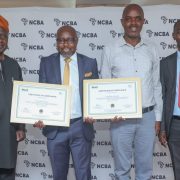
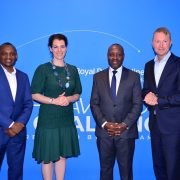


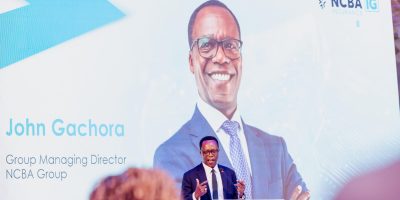
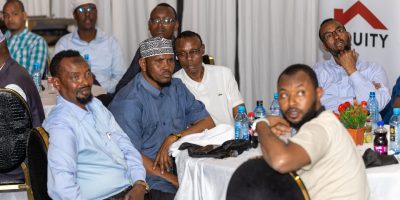


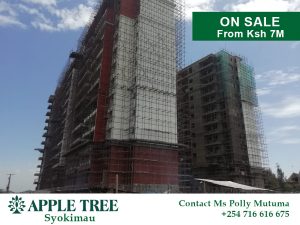













Comments